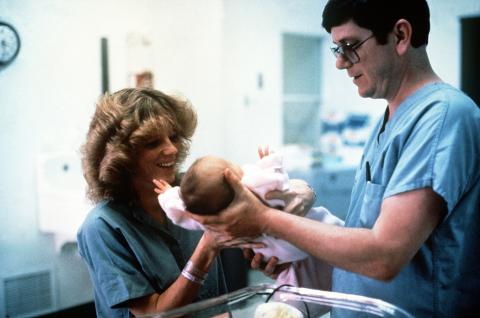Low Births Will Mean Economic Ruin

by Brian Wang
The number of deaths in Japan in 2022 rose to a record high 1.57 million, with the population naturally shrinking for the 16th consecutive year.
The total fertility rate — the average number of children a woman is estimated to bear in her lifetime — fell to 1.26, on par with the record low in 2005.
The pace of decline in the number of births has also been accelerating in recent years, falling by 24,404 in 2020 from the previous year, and by 29,213 in 2021.
770,747 means about 380,000 female babies.
The population pyramid projection for 2027 for Japan was projecting 4.082 million Japanese babies for 2023-2027. This would mean averaging 816,000 babies annually. Japan is coming in 45,000 babies annually short of that projection and if the drops continue Japan could be at 600k-700k babies annually in 2027. The population pyramids and projections were assuming that Japan could hold at 810,000 per year. The shortage of Japanese babies means that population trends are even worse than 103.7 million in 2050. Instead of 9 million fertile women between 18-38 there would be 8 million.
The Japanese women who are aging out of fertility now are 35-39 years old. There were 660,000 women per year in those years. Japan will be losing 70% of its fertile age women. Each 5 year group is about 100k per year less women.
The fertility data comes a day after Prime Minister Fumio Kishida released a draft plan to boost “unparalleled” child-rearing support, although the announcement has raised questions about its effectiveness in turning around the falling birthrate.
The fertility rate in Japan had recovered to 1.45 in 2015, but has been on a downward trend since 2016. Getting fertility temporarily up to 1.45 from 1.3 earlier cost about $200 billion. Having a working age population that is 10% less is costing but also averaging 48 years of age instead of 35-40 is costing Japan 20-30% of GDP or about $1 to 1.5 trillion each year.
This is before Japan loses 20-30% of its population over the next 30 years. Japan has lost about 5% of its people over the last 15 years. The population birth spiral does not stop in 30 years, it keeps spiraling downward with fewer fertile women. Until birthrates get back over 2.1 replacement and stay there then there is no population stabilization.
Well, so what, some might say. This will mean all pension systems will collapse. There will be no state support for retirement. If there is less than one working age person to each old person, the math of taking some taxes and giving it to the old person to live becomes scraps. The old person will have to keep working until they drop. If 40-50% of the population is old people then they do not spend money. The economy shrinks massively.
* Economic recession
* stock market crashes
* no pensions
If it persisted then how would we keep the systems of civilization running?
The Black Death causes 30-50% population loss in seven years. If Japan loses 20% of its population in the 30 years and most of them are old (65+, 75+) and the average age is 55, then we will see if economic systems break.



























